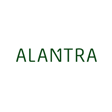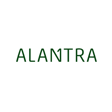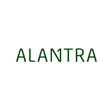Become a Creator today!Start creating today - Share your story with the world!
Start for free
00:00:00
00:00:01

Protect, Detect & Recover, A Conversation with Rick Froehlich, CEO at ClearDATA
In this episode, Rick Froehlich, CEO of ClearDATA, joins Frederic and Michael to discuss the challenges healthcare organizations face in adopting cloud technology, focusing on security concerns surrounding PHI data. The reluctance of providers to migrate due to budget constraints and limited resources creates hurdles for Managed Service Providers. We also highlight ClearDATA’s emergence as a leader in healthcare cybersecurity amid rising threats, offering tailored solutions and a robust CyberHealth Platform.



